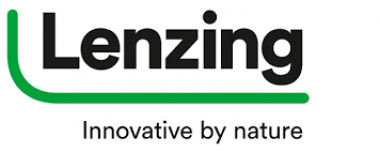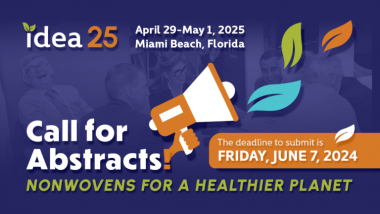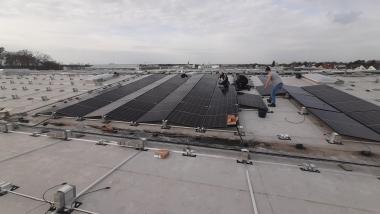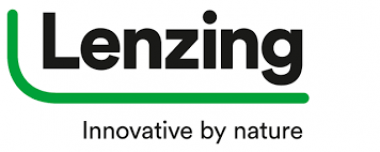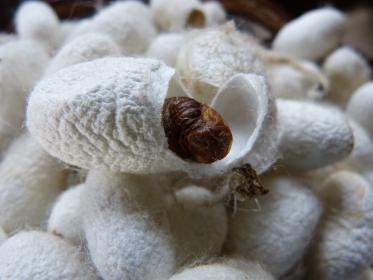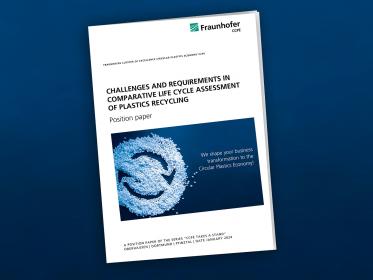Lenzing: Combined annual and sustainability report 2023
- Combination of financial and non-financial reporting as evidence of the central role of sustainability
- Measurable progress in achieving sustainability and climate targets
- Recognized for sustainability and prepares for the European Green Deal
The Lenzing Group has published a combined annual and sustainability report for the first time, reaffirming the strategic importance of social and environmental responsibility for the company. With the title “Ready to join?”, Lenzing would like to extend an invitation to all customers and partners to join forces to renew the textile and nonwovens industries and bring about positive change.
“This annual and sustainability report is also an invitation to find answers together. Lenzing is working tirelessly to make the industries in which it operates even more sustainable and to drive the transformation of the textile business model from linear to circular. For this transformation to be successful, further efforts by the entire industry and a policy designed to ensure a level playing field for sustainability pioneers are needed,” says Stephan Sielaff, CEO of the Lenzing Group.
The results for the 2023 financial year were already published. The report was once again prepared in digital form and is now available.
Lenzing AG


